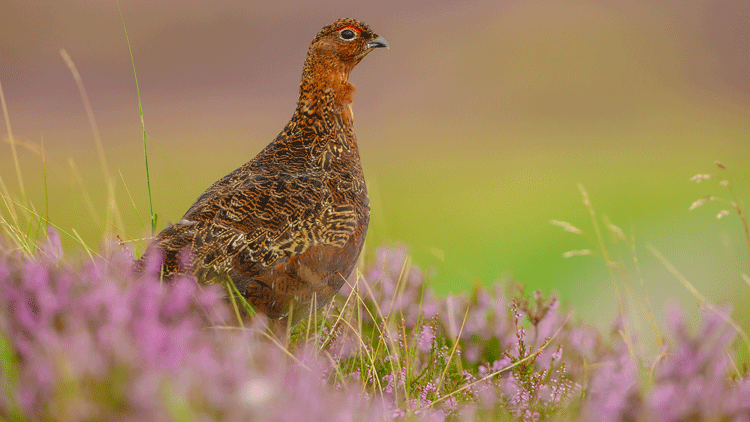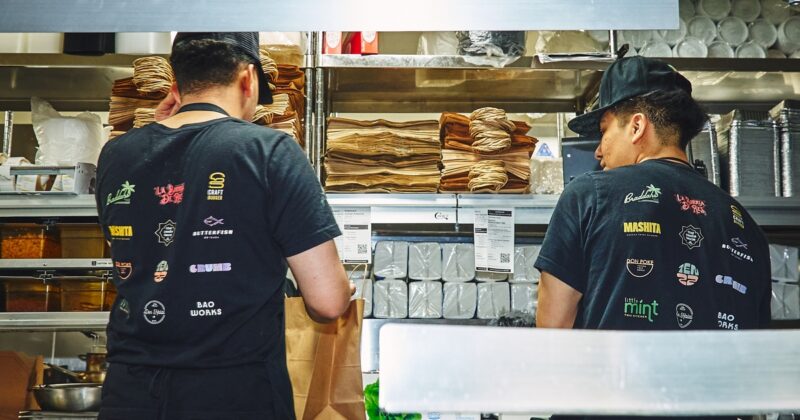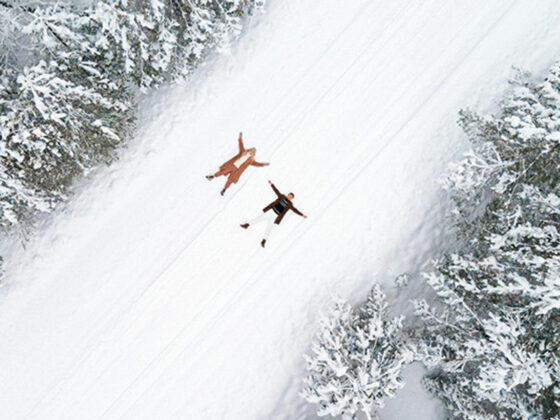
Today (12 August) heralds the start of the UK game season – known as the Glorious Twelfth – but there is little cause for celebration with early shoots not expected to produce many birds meaning that prices are likely to be prohibitively expensive for many restaurants early on in the season when grouse is most prized by diners.
A number of factors including very wet weather early on in the year, a parasite that destroys bird eggs, and a heather beetle that depletes the bird’s main food source have all contributed to high mortality rates of grouse this year.
Young grouse – which are born in the spring – are expected to cost more than £25 per bird at the beginning of the season, an increase of almost 40% on the previous season, where young grouse were being sold for around £18.
Old grouse, which were born the year before or even longer ago will be less expensive but aren’t nearly as prized by chefs.
Gary Foulkes, chef-patron at recently launched Belgravia restaurant Cornus, says he won’t be putting grouse on his menu this year having been told by his game supplier “not to bother”, with prices set to me more than double that of last year.
“We’ll wait to see how things progress but it’s not looking good,” he says.
“The prices I’ve been quoted would mean a menu price of up to £70. That’s less of an issue at the gentlemen’s clubs that offer grouse early in the season because people will just pay it, but that’s too much for a restaurant like Cornus.”
A national issue
Most grouse consumed in London comes from Cumbria, Yorkshire and Scotland. While chefs located near shoots are likely to have an easier time getting hold of supply because they can work directly with shooters and estates, shortages will be an issue.
Despite being much closer to the source, Restaurant Mýse chef-patron Josh Overington, says it is unlikely the game bird will make it onto his menu this year because of a lack of supply.
“I’d heard from some local shooters that this year was looking poor, and my butcher confirmed it just the other day,” he says.
“It’s a real shame as we didn’t put grouse on the menu last year because we didn’t have many people in the kitchen, and it can be a lot of work.”
“It’s looking like it’s going to be prohibitively expensive but more important than that I don’t want to use something that’s unsustainable, especially when there are other delicious but less in demand game birds we can use later in the season like mallard, woodcock and teal.”
“It is a shame though, grouse has a unique taste, and we like to showcase local produce, and there’s nothing more Yorkshire than Yorkshire grouse.”
A waiting game
The grouse season tends to run until the end of November and many restaurants don’t put grouse on their menus until later in the season preferring to wait until prices settle and the birds have time to hang.
Kitchen W8 chef-patron Mark Kempson, who was crowned Game Chef of the Year at the Eat Game Awards earlier this year, says he intends to serve grouse later this year but is concerned about the cost.
“My game supplier has told me to expect to pay around £15 per bird. Last year we paid a little under £10 a bird so it’s a big leap,” says Kempson,
“Last year we charged £40 for our grouse dish. It would break my heart to charge people £70, so we’ve worked hard to keep the price down by creating a more economical but still absolutely delicious dish. We want to keep the restaurant as accessible as we can.”
Expected to cost £52, the Michelin-starred Kensington restaurant’s grouse dish will see the bird’s legs and offal combined with lardo to make a grouse sausage that will be served with roast breast, BBQ celeriac, damson and cavolo nero.
Kempson is confident that he will be able to meet demand from customers but is expecting the season to be much shorter this year.
Managing stocks
The wild nature of grouse means that bird numbers need to be managed carefully, which could also impact on the numbers of grouse available this season and the following year.
“Grouse aren’t like pheasant or partridge, which are reared in their millions for the game season,” says Ric Smith, head of sales of Ritter Fresh, a specialist ingredient company that supplies grouse to restaurants across the country.
“Part of their appeal is that grouse is an entirely wild bird. A lot of this is about managing stocks for next year. If too many are shot next year will be bad too.”
“What birds are shot will likely be consumed by the shooters, who pay huge sums to shoot early on in the season,”
Smith adds that the while the current picture for grouse supply isn’t great, he says there is still cause for optimism.
“While it’s not looking like a great season the picture usually improves towards the middle of the season.”








